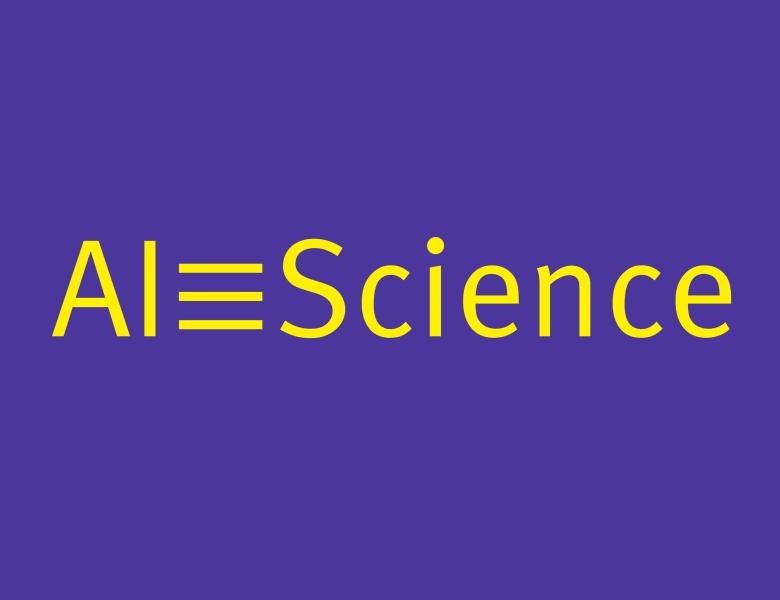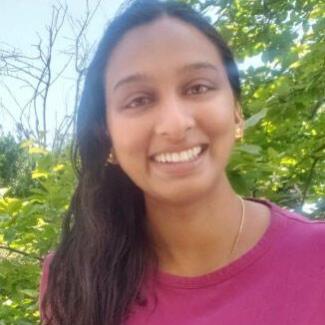
Our workshop will focus on fostering an in-depth understanding and discussion of how AI is increasingly intersecting with biology, chemistry, physics, and related fields. This intersection is a two-way street, comprising i) leveraging scientific insight to develop new machine learning methods, and ii) developing new machine learning methods to advance the sciences. Specific technical AI areas of interest that we plan to focus on, common to many of the sciences, include: encoding of symmetries into models such as rotational equivariance; enabling neural networks to operate in bases suitable for the sciences (e.g., Fourier basis for discrete and continuous data); incorporating differential equations into neural networks for regularization and beyond; representation learning; generalization, extrapolation, uncertainty quantification (aleatoric and epistemic), domain shift; batch active learning; transfer learning; generative and conditional-generative modeling such as diffusion and flow-based models; the role of data augmentation. And… evaluation! We encourage participation from researchers focused on specific scientific domain applications, those on focused methodological development, as well as those who span the two.
If you require special accommodation, please contact our access coordinator at simonsevents@berkeley.edu with as much advance notice as possible.
If you are interested in giving a short talk at the workshop, please fill out this form.
All Invited Participants will also be Speakers during the workshop.
Ryan Adams (Princeton), Mohammed AlQuraish (Columbia), Connor Coley (MIT), John Patrick Cunningham (Columbia University), Rafael Gomez-Bombarelli (MIT), John Ingraham (Generate Biomedicines), Stephanie Jegelka (MIT and TUM), Krithika Manohar (UW), Grant Rotskoff (Stanford), Tess Smidt (MIT), Zack Ulissi (Meta), Clara Wong-fannjiang (Prescient/Genentech), Yisong Yue (Caltech), Ellen Zhong (Princeton)




